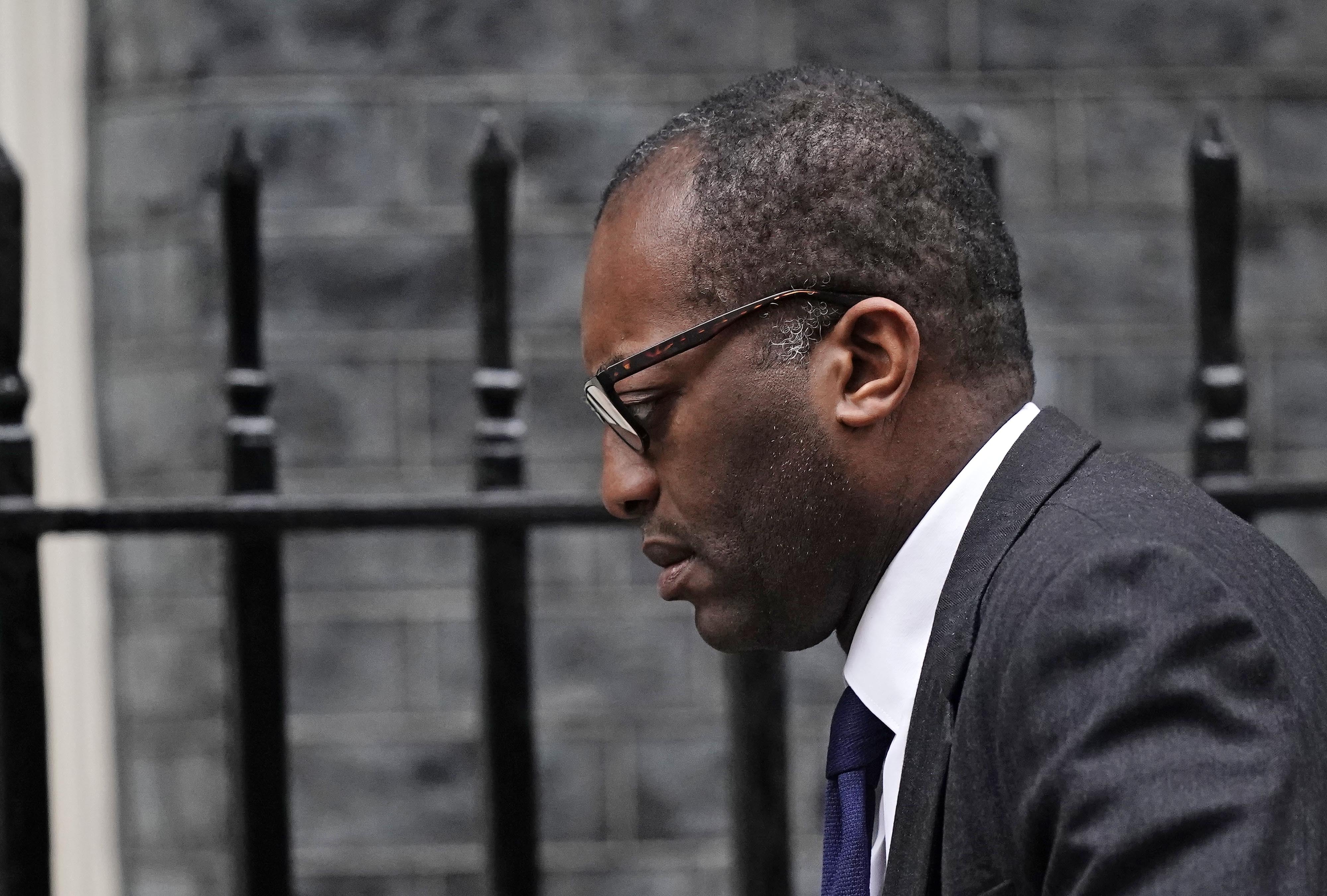Energy crisis talks fail to reach deal as household bills could double
Meeting between the government, energy suppliers and Ofgem fails to agree a solution to ‘enormous crisis’ facing the sector

Your support helps us to tell the story
From reproductive rights to climate change to Big Tech, The Independent is on the ground when the story is developing. Whether it's investigating the financials of Elon Musk's pro-Trump PAC or producing our latest documentary, 'The A Word', which shines a light on the American women fighting for reproductive rights, we know how important it is to parse out the facts from the messaging.
At such a critical moment in US history, we need reporters on the ground. Your donation allows us to keep sending journalists to speak to both sides of the story.
The Independent is trusted by Americans across the entire political spectrum. And unlike many other quality news outlets, we choose not to lock Americans out of our reporting and analysis with paywalls. We believe quality journalism should be available to everyone, paid for by those who can afford it.
Your support makes all the difference.Emergency talks aimed at fixing Britain’s mounting energy crisis are set to continue as the government and suppliers grapple with how to tackle soaring gas prices.
A meeting held on Monday failed to find a solution to what one industry leader has described as an “enormous crisis” as an industry riven by bankruptcies – around two dozen energy suppliers driven out of the market since August – has warned of an “enormous crisis” in 2022.
Still, despite dire statements from industry leaders, no agreement was reached on Monday. The failure to secure a way forward will pile pressure on the government amid fears that another major supplier could topple as wintry weather and limited supplies in the UK and Europe could force gas prices even higher.
A government spokesperson said that the meeting between large energy suppliers and Ofgem concluded with an agreement to keep talking to ensure “UK consumers are protected” against a backdrop of rising gas costs.
Suppliers claim that even with well-hedged portfolios , aimed at insulating themselves from price hikes, they are still partially exposed to the sharp rise in wholesale gas prices.
This financial pressure, with suppliers also unable to simply pass on costs to consumers because of the price cap, means that some of the UK’s largest players may struggle in the months ahead. There is also less capacity to soak up consumers if other suppliers fail, because those left standing are so large.
Scope to add new customers from failed suppliers companies which are still operating has also been “maxed out” in the words of one industry insider, because existing suppliers have already added vast numbers of consumers to their books in recent weeks, at great cost.
This lack of capacity has already forced the government to effectively nationalise Bulb Energy, a step which is likely to cost the taxpayer billions.
Monday’s talks were extremely sensitive according one person with knowledge of the discussions, because, for the first time, the government was “slowly showing signs of acceptance” that more “significant market intervention” will prove necessary in the coming weeks.
This could mean going beyond just trimming green levies and VAT from 5 per cent to zero on bills and even allow a bigger-than-expected rise in the price cap than currently planned in April, the same person with knowledge of the talks said.
However, The Independent understands that the government is reluctant to put too great a squeeze on household budgets by allowing any sharper uptick in bills this April. Analysts already expect the price cap to increase by around 50 per cent to around £2,000 a year for an average household this spring.
Predictions for a sharp increase in energy bills come as wages are failing to keep pace with inflation causing real terms cuts to household incomes.
There is also industry pressure to scrap VAT on bills, a move suggested by the Labour party, but on its own such a measure would not do enough to mitigate the impact of sustained high gas prices, The Independent has been told.
Instead, there would need to be a medium-term solution that allows for a transition away from fossil fuels, but which is realistic about the need for companies to be able to share costs with consumers, one senior industry figure said.
Suppliers argue that they need to be able to pass more costs from higher gas prices onto consumers than the current plans for the prices cap rise in April allows.
But there are competing interests within industry, which underscore the need for the government to ensure any support avoids undermining efforts to transition away from fossil fuels, The Independent has been told.
Ovo chief executive Stephen Fitzpatrick said ahead of the meeting with business secretary, Kwasi Kwarteng, that climbing wholesale gas prices would be “an enormous crisis for 2022”.
“We’ve seen this energy crisis unfold now for the last three months, and we’ve watched as energy prices have spiked, fallen back, and spiked again,” he told the BBC. “We’ve had more than 30 bankruptcies in the sector, we’ve had millions of customers forced to change supplier.”
Join our commenting forum
Join thought-provoking conversations, follow other Independent readers and see their replies
Comments